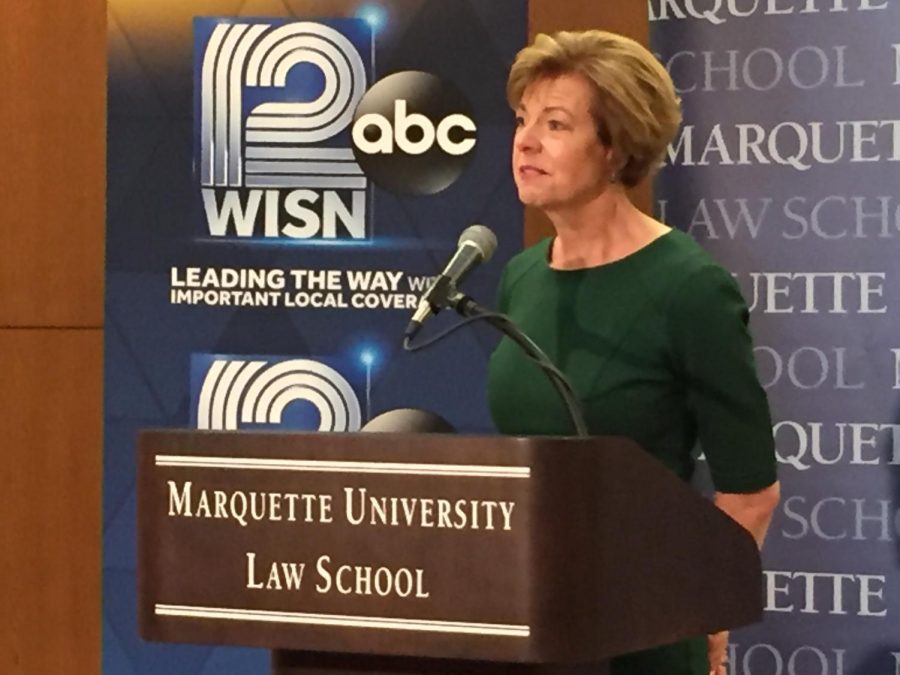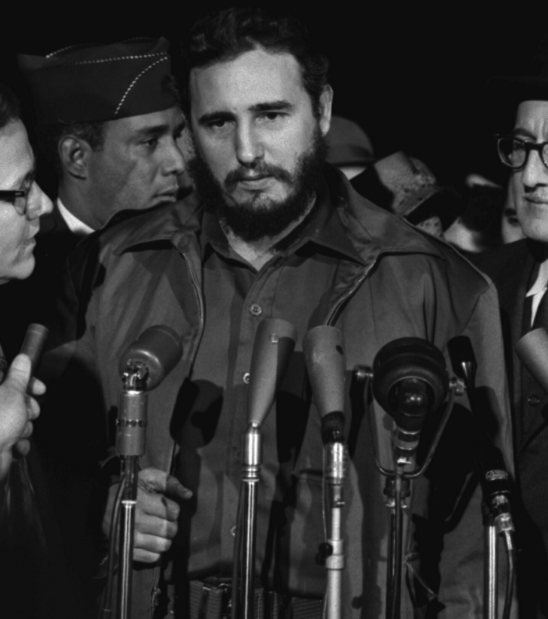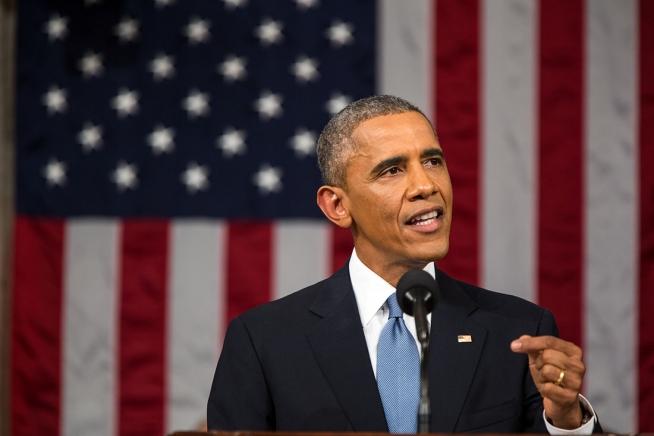Since President Barack Obama passed a law raising the federal tax on cigarettes from $0.39 a pack to $1.01, the amount of money spent on tobacco advertising and consumption has fallen dramatically, a recent report by the Federal Trade Commission revealed.
According to the Sept. 21 report, the 2012 iteration of the FTC’s yearly Cigarette and Smokeless Tobacco Reports, the country’s largest cigarette companies have spent much less on advertising and promotion since the tax was implemented. Overall, promotional spending declined from $9.94 billion in 2008 to $8.53 billion in 2009, and again to $8.05 billion in 2010.
In its report, the FTC said the largest spending category for tobacco promotion in both 2009 and 2010 was spending on price discounts given to cigarette retailers or wholesalers intended to reduce the price of cigarettes for consumers. While 78.2 percent of cigarette companies’ promotion budgets, or $6.67 billion, was spent to finance such price reductions in 2009, by 2010, that amount rose to 80.7 percent, or $6.49 billion.
Overall, in 2010 only 282.0 billion packs of cigarettes were sold or given away to wholesalers and retailers in the United States, a noticable decline from to 290.3 billion in 2009 and 322.6 billion in 2008.
Perhaps in response to the increased price of cigarettes, sales of smokeless tobacco, which was not affected by the increased tax, appear to have risen after a brief decline last year. The value of smokeless tobacco sales rose to $2.78 billion in 2010 after falling to $2.61 billion in 2009 from $2.76 billion in 2008.
The overall weight of smokeless products reached 120.50 million pounds in 2010, a three-year high when compared to the 119.90 million pounds sold in 2008 and 117.70 million pounds sold in 2009.
According to Melissa Horn from the anti-tobacco advocacy group SmokeFree Wisconsin, smoking is the leading cause of preventable death in the state. Every year, more than 7,700 residents die from tobacco-related causes and 7,400 Wisconsinites light up for the first time.





